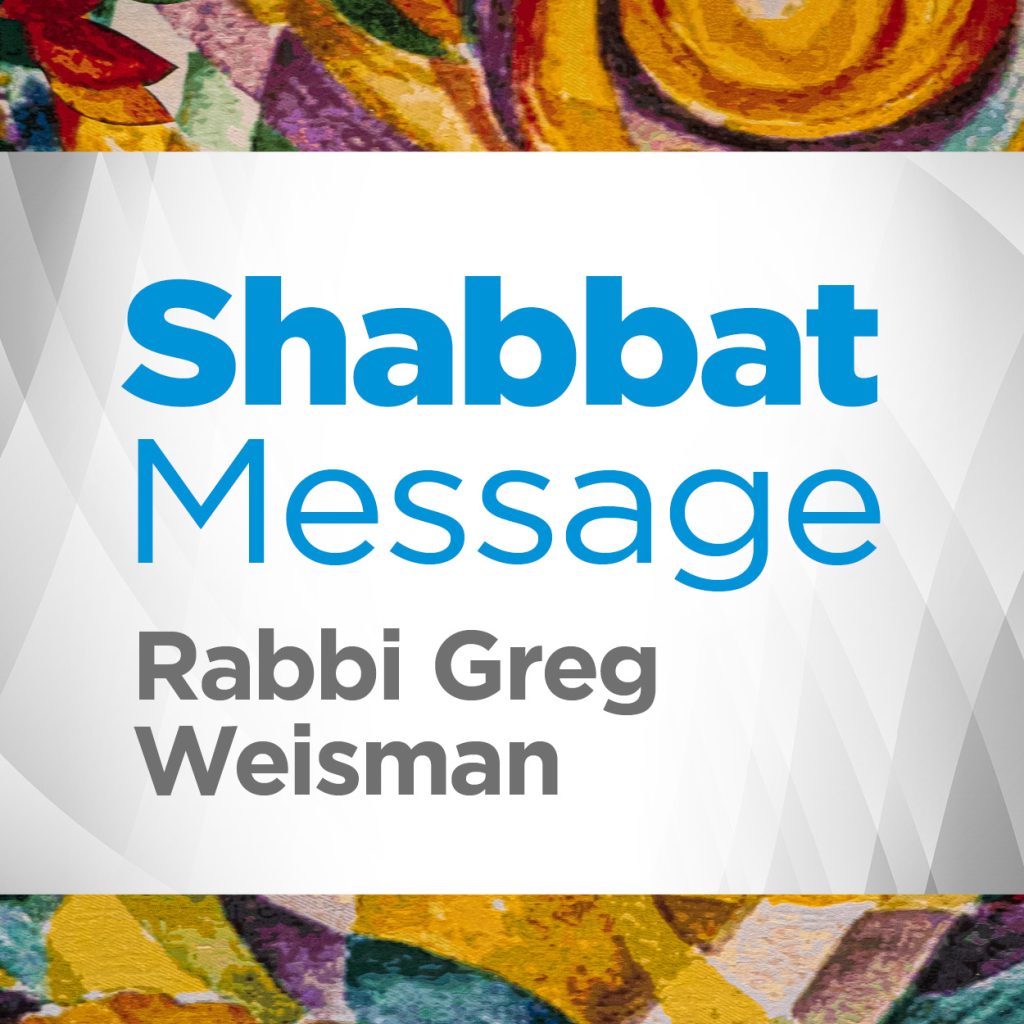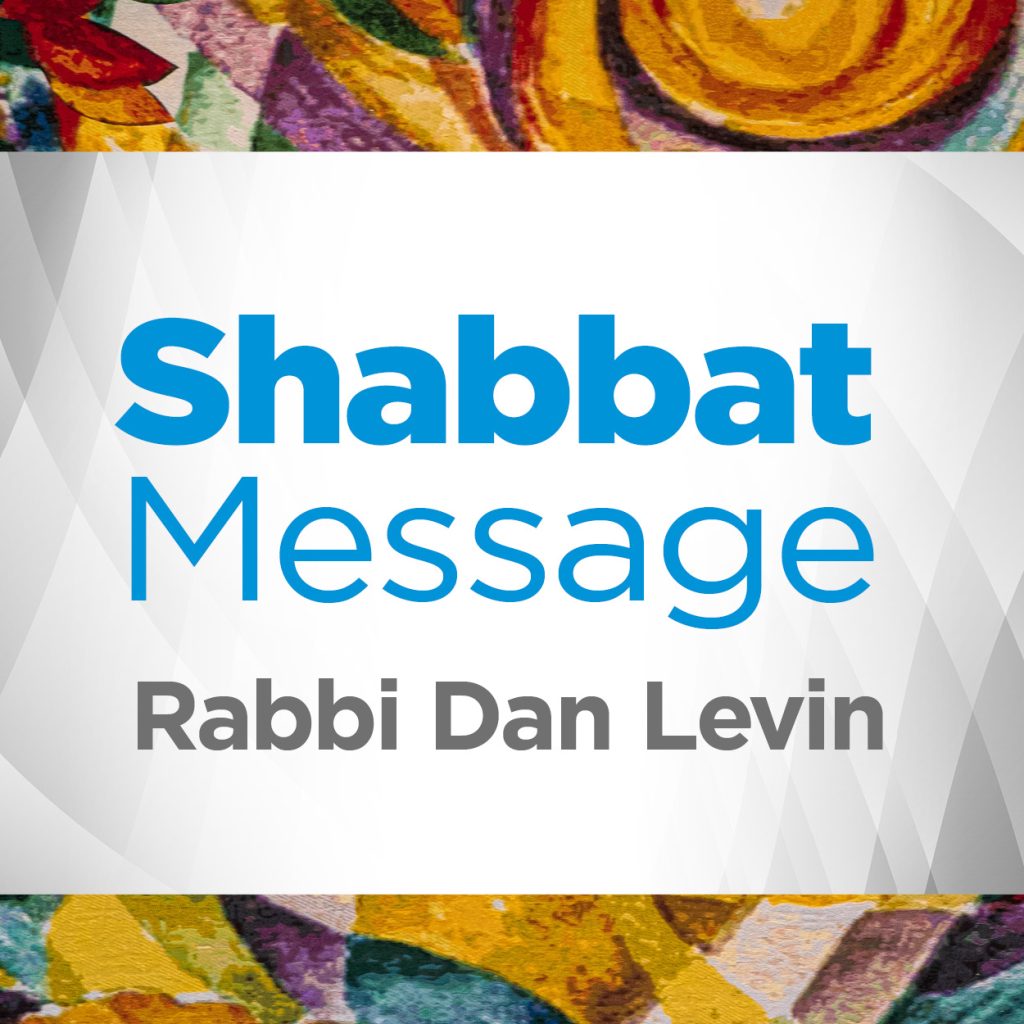As if there wasn’t enough already, more tragedy befell the Gaza Strip this week. Seven brave souls, inspired to confront one of the most pressing humanitarian crises in a generation, were struck down in a horrible, heartbreaking accident. The memory of the aid workers from World Central Kitchen (WCK) should inspire us, as they were living out the words of Rabbi Tarfon who taught that we are not obligated to complete a task, but neither are we free not to engage with it.
It is ironic that the week of this accident we read in our Torah portion the story of other unexpected, untimely deaths, the deaths of Aaron’s two sons, Nadav and Avihu. We read in Parshat Shmini, “Now Aaron’s sons Nadav and Avihu each took his fire pan, put fire in it, and laid incense on it; and they offered before the Holy One alien fire, which had not been enjoined upon them. And fire came forth from the Holy One and consumed them; thus they died at the instance of the Holy One.”
Moses, in an attempt to console his brother who had just his two sons, reminded him those brought near to God (i.e., those who perish) are made holy by God, and in response, Va-Yidom Aharon, Aaron was silent.
Silence? In the face of watching your sons die in a tragic incident? Of all of the emotional reactions we might expect, silence would seem to be to be the least likely. I’d expect wailing, crying, shouting – anything but silence.
The Sifra, a Midrash on the Book of Leviticus, suggested that while watching his sons perish, Aaron presumed that they must have done something to deserve this. Sifra imagines that Aaron’s silence comes after a brief period of crying out “Woe is me!” until Moses came forward and comforted him. At that point Aaron’s wailing came to an end, Va-Yidom, and he was silent.
In moments of tragedy, it can be challenging to find our words. When I heard what happened to the WCK workers, I was dismayed, stricken, speechless. For the past six months, as Israel and the IDF have been operating in Gaza, prosecuting a war against Hamas in defense of our people’s homeland, I have felt myself a passionate advocate for this just war. I have spoken to many about Israel’s need to defend herself, about the despicable way in which Hamas positions itself behind the bodies of innocents to inflict as much damage and casualty as possible, and lamented how so many around the world seemed to have lost their moral compass. I remember weeks and months ago when Israel has been wrongfully excoriated for events that were beyond her control or responsibility, like the bomb that went off near a hospital that came from within Gaza. So when I heard the news of the deaths of the WCK workers, It never crossed my mind that this was anything but a tragic accident, a miscommunication or a response to bad intelligence.
Nonetheless, I felt the compulsion Vayidom, a compulsion to silence. It came from a sense of frustration and anger. The soldiers in the IDF ought to be walking around with a chip in their shoulders, knowing that they are serving their country for a cause and with a purpose that so many wrongfully dismiss. These youths are demonstrating the best of Israel, answering their nation’s call in a dire moment. How, then, could the IDF have done such a thing, or let such a thing happen? The whole world seems to be looking for reasons to take Israel to task, to excoriate the IDF, to prove to themselves that the Jews are the aggressors, and this unfortunate episode, beyond the loss of life, adds grist to that mill. I didn’t want to believe it; I don’t want to have to engage the question…I want to retreat into silence.
But after silence comes articulation.
Since the war began, I have been listening to a podcast, a bi-weekly conversation between two of my teachers, Rabbi Dr. Donniel Hartman and Yossi Klein-HaLevi. Hartman leads the Shalom Hartman Institute in Jerusalem, and Klein-HaLevi is a journalist and public intellectual, and they co-host a podcast, For Heaven’s Sake. For the past six months they have been checking in with each other and sharing their emotions, their thoughts, their griefs and their grievances.
Discussing the tragedy this week, and the questions about how Israel and the IDF are operating, Klein-HaLevi put words to something many of us have been feeling since October 7. He said that Israelis and Jews around the world are hearing two conversations in two different languages. One is the language of those who would cast Israel as criminal, as illegitimate, as genocidal. We should reply to those people with rejection and condemnation as people who actively refuse to see the truths that are right in front of them. What truths? That Israel is a free society, the birthright of the Jewish people, and strives to live out its mission to be a Jewish and democratic state and a light unto the nations.
The second language, however, is the language of grief, of sadness, and at times of the horror that comes from witnessing the human tragedy unfolding in the Gaza Strip. Exploding into Israel on October 7, Hamas and its allies sparked this war with its own genocidal assault. They then retreated with our hostages into underground tunnels designed to put the residents of Gaza in harm’s way, including the most vulnerable: hospitalized patients, newborn babies and postpartum mothers, school children, and the elderly. Since that day, Israel and her army have worked to return the hostages and to neutralize the threat that Hamas poses. Tens of thousands have lost their lives as part of the millions of Gazans caught in the crossfire.
For six months, as I have watched this war unfold, each day I have felt the compulsion of Yidom, to be silent. How can I speak out against Israel who is doing a nation’s primary task – defending her citizens? I can’t? Setting aside the unknown number of Hamas terrorists who have been killed or arrested, there are still so many Gazans whose lives have been destroyed – literally or figuratively – by this war. How can I find the words to describe the tragedy? I can’t. What could I say that could bring any comfort or consolation to the killed, the injured, the kidnapped, or their families? To those who have been exiled from their homes knowing they may never be able to return. To those who have no room in their hearts for Israel or for Jews, what is there to say?
Va-yidom. Silence.
At the end of the chapter, when Aaron finally speaks again, he wonders to Moses whether the Holy One judges him for how he reacted to his sons’ deaths. It was his job to eat of the sin offering, but he admittedly had no appetite. He fulfilled his responsibility, but with a self-consciousness that he didn’t bring to the task; the intentionality that he knows he should have. The trauma of the moment affected his reply. And Moses and God understood.
At the end of this challenging week, at the end of these challenging six months, my prayers are for understanding. That what I said, and when I chose not to speak, could be understood. That when I stood up for Israel, it was understood not to be a dismissal of the plight of others. That when I raised the concern of the human tragedy, that I was understood not to be an indictment of Israel.
As we pray for a Shabbat Shalom, a Shabbat of peace, that that peace will descend upon us all.
Rabbi Greg Weisman









